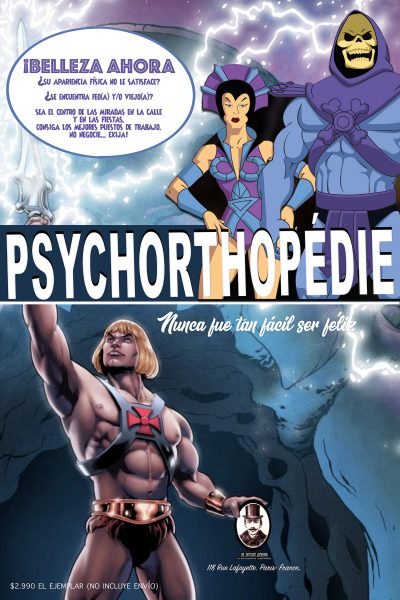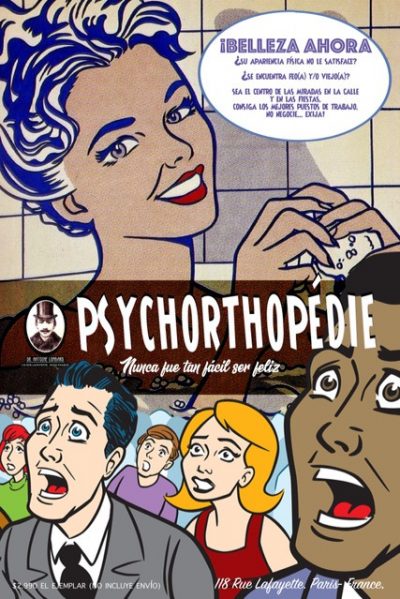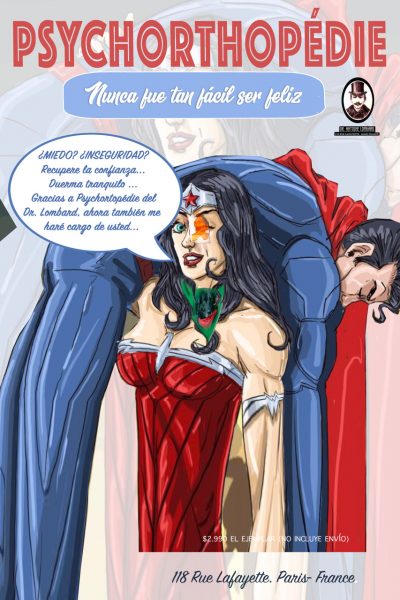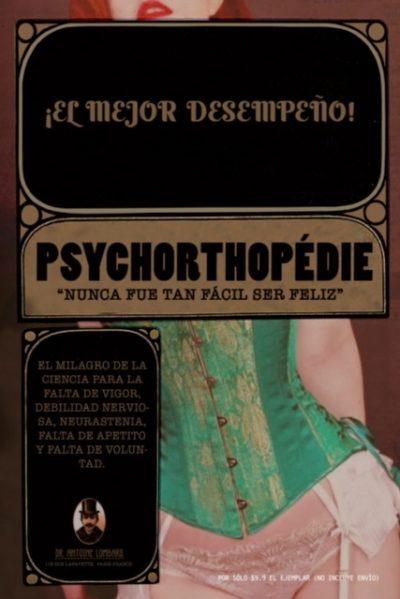PSYCHORTHOPÈDIE
The interest of this work is the exploration of the emotional adaptation phenomena of the human mind in todays consumer society.
On the one hand, the mind is defined as the set of cognitive capacities that encompass processes such as perception, thought, consciousness, memory, imagination, etc. On the other hand, the consumer society is a socioeconomic concept by which states with industrial or productive capitalist development are called, in which there is a massive consumption of goods and services, as a consequence of also massive production and where supply it is wide, even exceeding demand.
Consumerism is usually one of its main characteristics and can refer to both the accumulation, purchase or consumption of goods and services considered non-essential, as well as the political and economic system that promotes the competitive acquisition of wealth as a sign of status and prestige within a social group. This large-scale consumption in contemporary society, which incidentally seriously compromises natural resources and ecological balance, idealizes the effects and consequences of consumption, associating its practice with obtaining personal satisfaction and even personal happiness.
It is in this context that the emotional adaptation phenomena of the mind are analyzed from the perspective of overcoming frustration, due to the growing demand for satisfaction imposed by the consumer society. Just as prosthetic and / or orthotic elements allow us to continue our functions on the physical plane, either by completely replacing their appearance and functions in the case of prosthetics or by enhancing diminished functions in the case of orthoses, the defense mechanisms (Condensation, Dissociation, Reactive Formation, Denial, Projection, Rationalization, Repression), that is, techniques of the unconscious that allow the psychological balance to be maintained, were determined by Sigmund Freud, who maintained that we use these mechanisms when there is an internal battle between then It (it contains our desires and our most elemental and innate needs. It is unconscious), the Superego (the part that counteracts the impulses of the It, and it would be formed by the moral and ethical thoughts that we learn in our culture. It has conscious and other unconscious) and the Self (has to balance between moderately satisfying the s demands of the It and attend to the demands of the Superego. It is the result. He is conscious) so that he can return to balance.
These defense mechanisms, together with the psychological coping strategies (intentional mental response schemes that can be problem-oriented or emotion-oriented) allow us tovreduce the perceived imbalance and the aversive consequences derived from it. Le Psychorthopedie (Psychortopedics) is a discipline that unifies the fields of Psychology and Orthopedics and was described by the French Psychiatrist Dr. Antoine Lombard (1819-1898) in Paris in 1895. Through his postulates and techniques, it aims to solve the constraints caused by the consumer society and whose ultimate goal is to achieve well-being and happiness.
——— Ricardo Hernandez

Print on PVC 47′ x 71′ inch.

Print on PVC 47′ x 71′ inch.

Print on PVC 47′ x 71′ inch.

Print on PVC 47′ x 71′ inch.